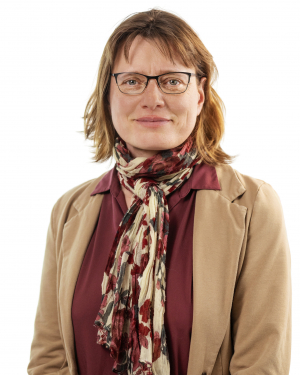In Canada, unlike Islamist extremism, far-right and radical right movements have only recently begun to draw the attention of authorities and to prompt a shift in perspective. Once viewed as marginal, fragmented, and relatively invisible, these groups have gradually attracted growing institutional interest. This change in perception stems from a notable transformation in their activities that began in the early 2000s and continued into the 2010s—particularly following the Québec City mosque attack in January 2017. However, it was primarily after the January 6, 2021, attack on the U.S. Capitol that a broader awareness of the threats posed by these movements emerged.
In this presentation, we will map the far-right and radical right groups in Canada while tracing their evolution and the contemporary dynamics that define them. Drawing on a research program conducted since 2012 and recently published as a book, we will first address conceptual and definitional challenges. We will then provide an overview of the current state of the radical right in Canada, focusing on its emergence and the conditions that fostered its development.
Next, we will discuss issues related to recruitment, engagement, and disengagement among members, as well as examine the concept of radicalization and its limitations for explaining the Canadian far-right landscape. We will also consider the regulation and control of activism associated with these movements, exploring the roles of both public and non-state actors. Finally, we will conclude with reflections on recent events that have shaped the Canadian context, including the “Freedom Convoy.”
Biographies:

Stéphane Leman-Langlois
Full Professor, School of Social Work and Criminology, Université Laval

Aurélie Campana Full Professor, Department of Political Science, Université Laval

Samuel Tanner Full Professor, School of Criminology, Université de Montréal



